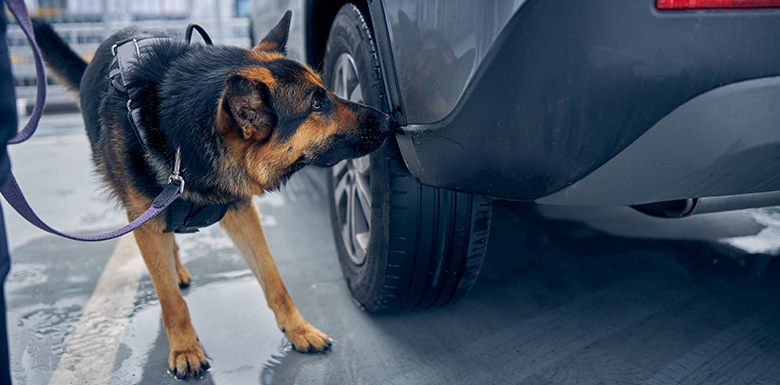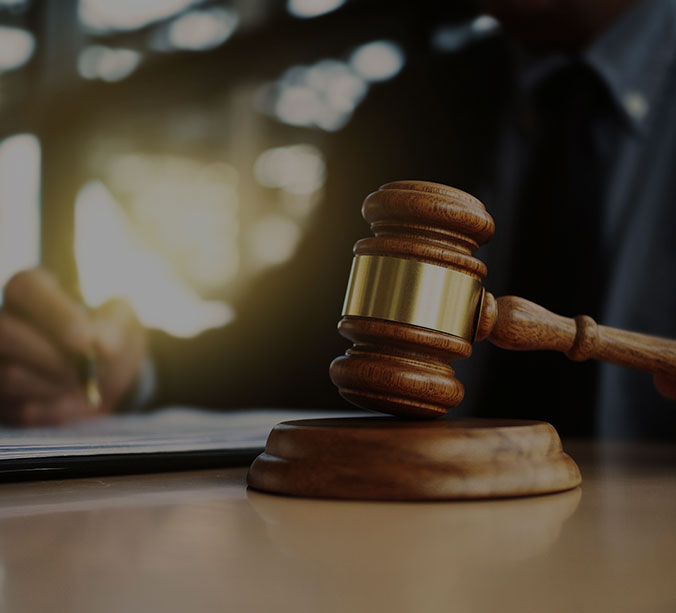
The U.S. Constitution provides you with numerous foundational rights. One of those is being secure in your person, house, papers, and effects. This protects you against unreasonable searches and seizures under the Fourth Amendment. Your body and property are essentially private unless law enforcement can get a warrant based on probable cause.
But like most rights, it isn’t absolute. There are exceptions to when police can conduct a search and seizure without a warrant. For example, police officers often search vehicles based on probable cause alone.
But that recently changed in Commonwealth, when the Pennsylvania Supreme Court set new standards for when police officers can search a vehicle without a warrant. Now, officers need both probable cause and exigent circumstances to perform a warrantless search. In other words, officers better have a good reason why they couldn’t get a warrant first.
If you believe the police illegally searched your vehicle during a traffic stop, contact a defense attorney right away. Philadelphia criminal defense lawyer Michael Fienman will explain the law, analyze the circumstances surrounding the search, and ensure your rights are respected.
Contact us online or call (215) 839-9529 to set up a free, confidential consultation.
Commonwealth v. Alexander
In May 2016, Philadelphia police officers stopped Keith Alexander in his car and smelled marijuana. Alexander said he and his passenger recently smoked cannabis, which led an officer to arrest him and put him in a patrol vehicle. The officers also removed the passenger.
The officers searched the vehicle’s interior. They did not find marijuana but instead found a metal lockbox. The officers used a key Alexander kept on his keychain to unlock the box and found bundles of heroin. Alexander was charged with possession with intent to deliver.
The trial judge denied Alexander’s motion to suppress the evidence and convicted him.
Appealing the Trial Court’s Decision
Alexander appealed the decision claiming the officers:
- Lacked probable cause to search the vehicle
- Needed a warrant to search the lockbox.
The appellate court disagreed and affirmed the trial court’s judgment and sentence. The court said that all officers need to search a vehicle is probable cause. When they search, they can look in any compartment or container that may contain relevant items. In this case, the officers could look in any container that might hold marijuana.
Appealing to the Pennsylvania Supreme Court
Alexander then asked the Pennsylvania Supreme Court to overrule or limit a previous decision made in Commonwealth v. Gary. The Supreme Court had said the federal exception for warrantless vehicle searches applied in Pennsylvania too. In truth, the court hadn’t settled this issue.
The Supreme Court agreed there was a legal question: Is the federal vehicle exception consistent with the Pennsylvania Constitution?
The court took an in-depth look at its past opinions about when police could perform warrantless vehicle searches. Justices often decided the Pennsylvania Constitution offered greater privacy protection than the Fourth Amendment in decisions before Gary. Justices also recognized a vehicle exception, but a limited one that differed from the federal exception.
The court in Alexander found it must ask whether the violation of privacy inherent in warrantless searches is compatible with Article I, Section 8 of the Pennsylvania Constitution? It decided it’s not. The Pennsylvania Constitution prioritizes protecting people’s privacy over making it easy for officers to find incriminating evidence.
The Supreme Court overturned Gary. Now, law enforcement in Pennsylvania can only conduct warrantless vehicle searches if they have:
- Probable cause
- Exigent circumstances
This decision reversed the appellate court’s ruling in Alexander and remanded the case back to the trial court.
What Does Alexander Mean?
This decision is vital for several reasons:
- The Supreme Court reaffirmed how important your right to privacy is. Pennsylvania believes in protecting your privacy from government intrusion, including in your car.
- The police should get a warrant whenever possible. Getting a warrant based on probable cause is the rule – not the exception.
- The ruling allows warrantless vehicle searches under limited circumstances.
What Does Exigency Mean?
Exigency means there is an urgent need or demand for something. The Supreme Court refused to offer a precise definition of exigency because it is impossible to write one that covers every possible scenario.
Whether exigent circumstances exist is a question for police to consider based on the whole of the situation and for courts to review.
Call Fienman Defense After an Unlawful Search and Seizure
If you believe you’ve been the victim of an illegal, warrantless vehicle search, contact attorney Michael Fienman right away. Fienman Defense will review the facts of your case based on the court’s decision in Alexander. If the police lacked probable cause or exigent circumstances, we would file a motion to suppress evidence.
You can reach out at (215) 839-9529 or through the online form.
View All Blogs